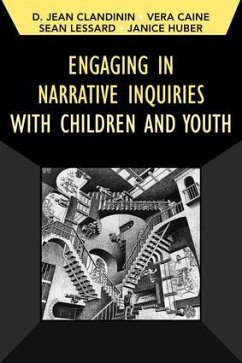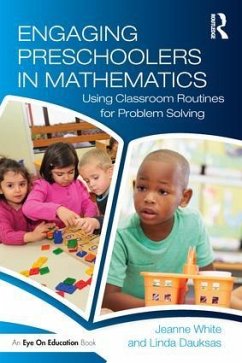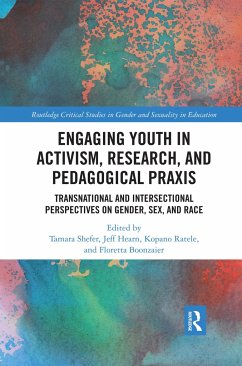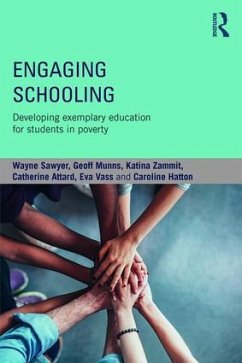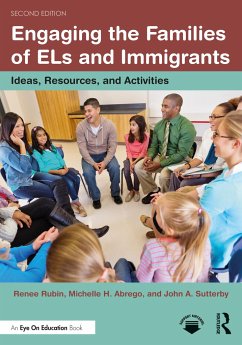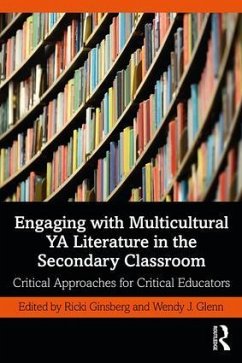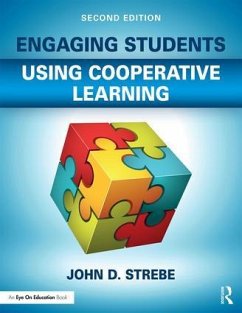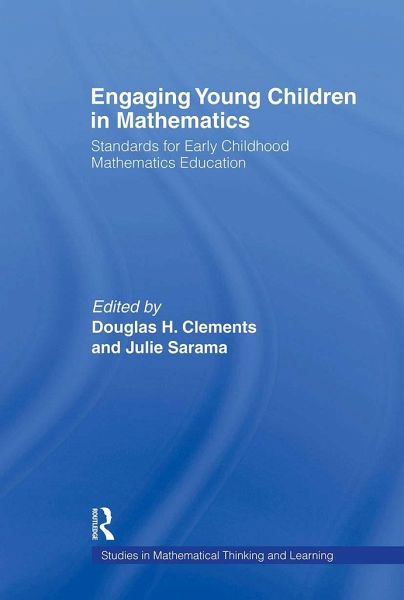
Engaging Young Children in Mathematics
Standards for Early Childhood Mathematics Education
Herausgeber: Clements, Douglas H.; Dibiase, Associate Edito; Sarama, Julie
Versandkostenfrei!
Versandfertig in 1-2 Wochen
95,99 €
inkl. MwSt.
Weitere Ausgaben:

PAYBACK Punkte
48 °P sammeln!
This book consists of conclusions drawn from the expertise shared at the Conference on Standards for Prekindergarten and Kindergarten Mathematics Education. It offers substantive detail regarding young students' understandings of mathematical ideas.





